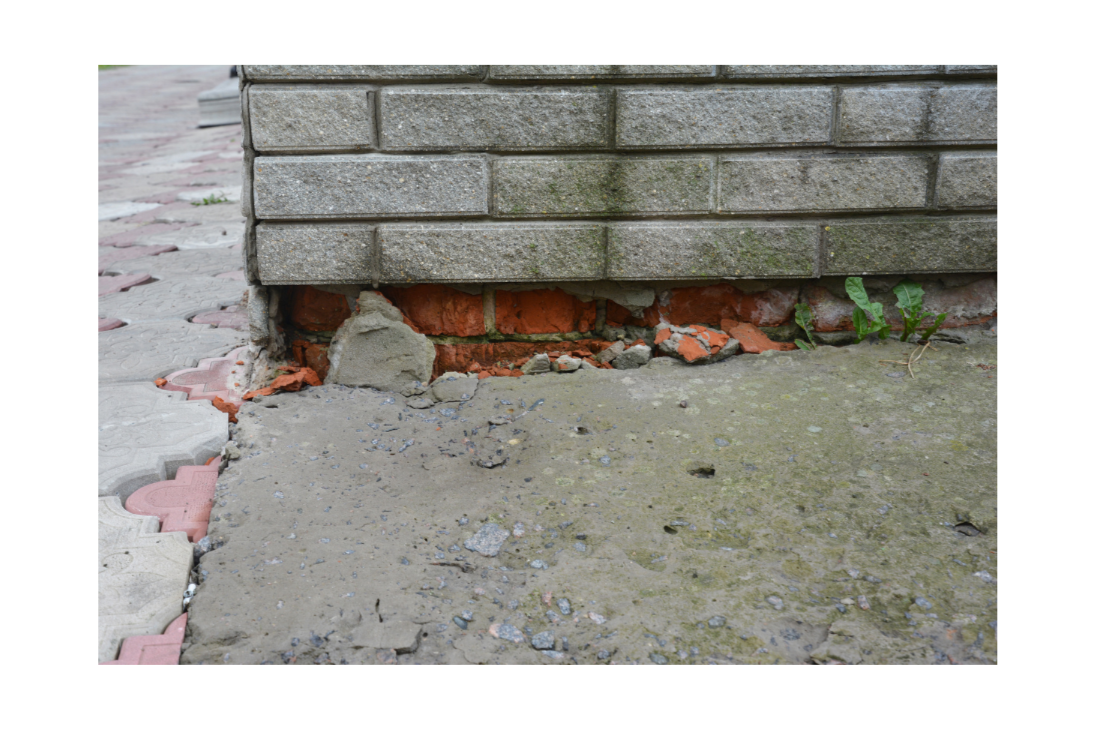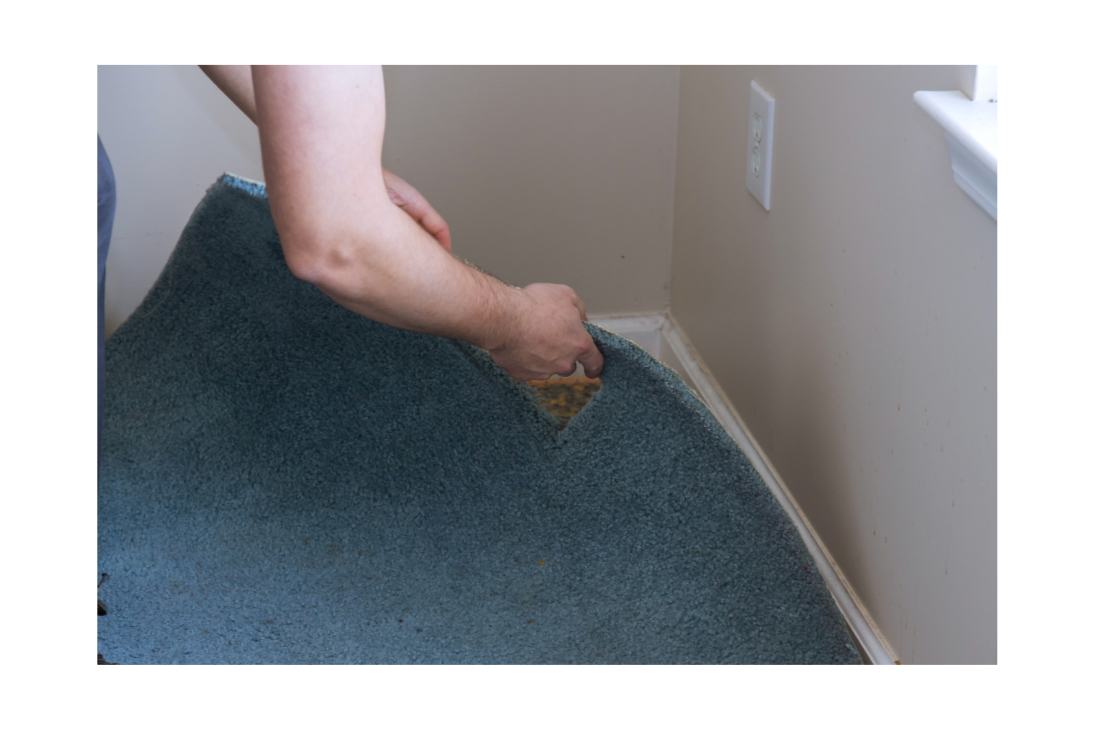Striking the Right Balance: Strategic Approach to Requesting Home Repairs


Buying a new home is an exciting and significant milestone in anyone's life. It's a time filled with anticipation and dreams of creating a space that reflects your personality and meets your needs. However, before you finalize the purchase, there's often a negotiation phase where you can request repairs or concessions from the seller. It's essential to approach this process thoughtfully to ensure a successful and amicable outcome. This blog post will discuss the importance of being considerate and reasonable when making repair requests when buying a home.

Prioritize Safety and Structural Integrity
Focusing on safety and structural integrity issues is crucial when considering repair requests. These are the repairs that directly impact the habitability and functionality of the home. Examples include electrical problems, plumbing issues, roof leaks, or foundation concerns. By highlighting these critical repairs, you demonstrate that your requests are reasonable and necessary for the overall well-being of the property.

Recognize Normal Wear and Tear
It's essential to understand that no home is perfect and wear and tear are inevitable over time. As a buyer, you should differentiate between reasonable wear and tear and actual defects that require attention. For instance, cosmetic issues like peeling paint, worn-out carpets, or minor scratches are typically considered normal and should not be overly emphasized in your repair requests. Focusing on significant structural issues will ensure a fair and balanced approach to the negotiation process.

Consider Age and Market Conditions
Consider the home's age and current market conditions when evaluating your repair requests. Older homes are more likely to have a higher degree of wear and may require additional maintenance or repairs. It's important to be realistic and avoid expecting a flawless property, especially when purchasing an older home. Additionally, if you're buying in a highly competitive market, be aware that sellers may have other offers. Being reasonable and flexible with your requests can make your offer more attractive and increase the chances of a successful negotiation.

Seek Professional Opinions
Before making repair requests, it's wise to consult with professionals such as home inspectors, contractors, or engineers. These experts can comprehensively evaluate the property and identify any significant issues requiring attention. Their opinions carry weight during negotiations, providing an unbiased assessment of the repairs needed. Relying on professional advice ensures that your repair requests are backed by credible evidence and increases the chances of your requests being granted.
Offer Alternatives
Sometimes, sellers might be unable or unwilling to fulfill all your repair requests. In such cases, it's helpful to be open to alternatives. Instead of insisting on specific repairs, consider alternatives such as asking for a price reduction, seller concessions, or home warranty coverage. These alternatives can provide a mutually beneficial solution and address your concerns without burdening the seller.
Requesting repairs when buying a home is a normal negotiation process. However, it's important to approach this process thoughtfully and with consideration for both the seller's position and the property's condition. You can successfully navigate the repair request phase by prioritizing safety and structural integrity, recognizing normal wear and tear, considering age and market conditions, seeking professional opinions, and offering alternatives. Remember, a balanced and reasonable approach fosters good relations and increases the likelihood of a positive outcome for all parties involved.
Categories
Recent Posts











"My job is to find and attract mastery-based agents to the office, protect the culture, and make sure everyone is happy! "

